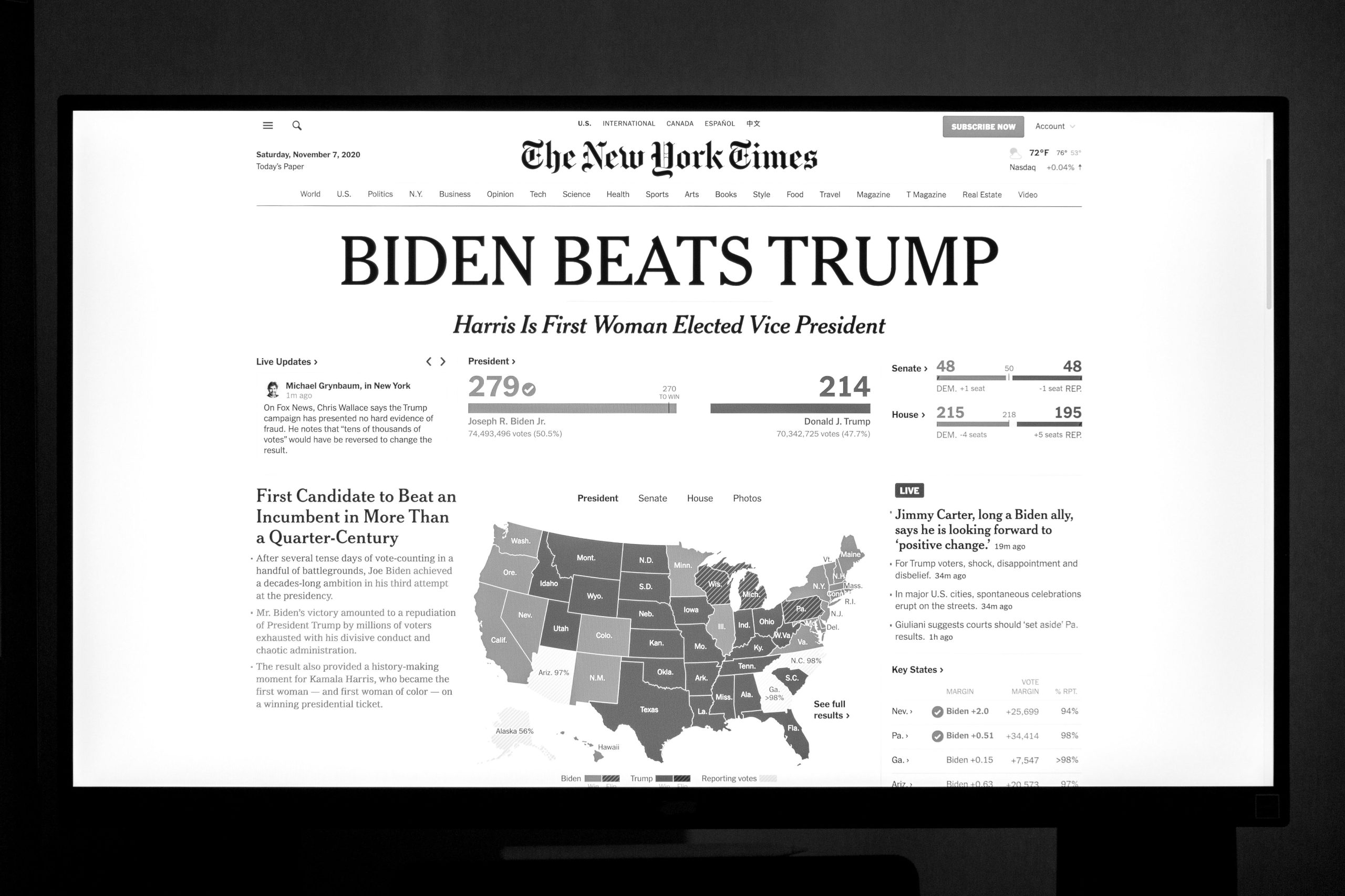Debunking the Latest Conspiracy: Trump’s Claims About Biden and Clones
In the ever-evolving landscape of American politics, sensational claims often emerge from unexpected corners. Recently, former President Donald Trump stirred the pot by sharing a social media post that suggested a rather outlandish theory: he alleged that President Joe Biden passed away in 2020 and has since been replaced by clones.
Such assertions are not just controversial; they tap into a larger pattern of conspiracy theories that have gained traction in recent years. The idea that a significant political figure could be replaced by an imposter or “clone” might sound more fitting for a sci-fi movie than reality. Yet, it appears there is a growing audience for these dramatic narratives.
Rooting Out the Facts
While engaging with such claims, it’s essential to examine the facts critically. President Biden was inaugurated on January 20, 2021, after winning a highly publicized election against Donald Trump in November 2020. There was an extensive process involving multiple audits, recounts, and court rulings affirming the legitimacy of Biden’s election. Claims that he died or was replaced violate the principles of evidence-based discourse, often lacking any credible sources or substantiation.
Conspiracy theories like these can have real-world implications. They not only undermine trust in legitimate political processes but can also incite division and detract from meaningful discussions about policies and governance. Encouraging skepticism toward elected officials is a hallmark of democratic discourse; however, spreading falsehoods can lead to direct consequences, including strained social interactions and further polarization within society.
The Power of Misinformation
Social media platforms can amplify misinformation at an alarming rate, allowing such sensational claims to reach a broad audience almost instantaneously. It is crucial for consumers of information to differentiate between conjecture and verified facts. Engaging with reputable news sources, fact-checkers, and critical thinking practices can help to mitigate the effects of misinformation.
As consumers of media, it is our responsibility to question dubious claims and to pursue the truth vigorously. In an era where everyone has a voice, understanding the implications of the information we share is more important than ever.
The Bigger Picture
Beyond the immediate fallout of Trump’s claim about Biden, this scenario serves as a reminder of the potent blend of politics and internet culture in contemporary America. Conspiracy theories can thrive in environments characterized by uncertainty and anxiety, similar to what many are experiencing in the wake of the pandemic and ongoing political strife



